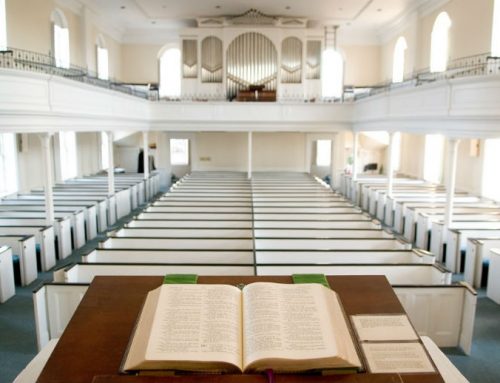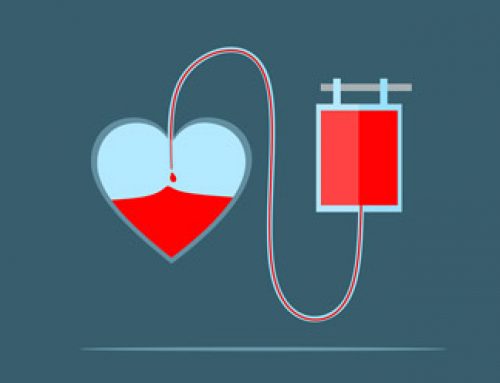Are there sacraments like the Catholic Church? What is the process of baptizing a baby? What is confirmation? these are related questions, and they do follow on the previous question about differences between the Presbyterian and Catholic Churches. The simple answer to the first question is yes – there are sacraments like in the Roman Catholic Church, but there are fewer for Presbyterians, and we understand them differently. Yet another complicated subject I’ll try to treat with some brevity!
Presbyterians have two sacraments – Baptism and Holy Communion – while Catholics have seven – Baptism, Communion (or Holy Eucharist), Reconciliation (or Confession), Confirmation, Marriage, Ordination (or Holy Orders), and Anointing the Sick (Extreme Unction).
We might start with the question, what is a sacrament? Here’s a basic definition: sacraments are holy practices of the church that are unique means of receiving God’s grace. The original definition of “sacrament” for Christians held that these were practices initiated by Christ himself. This is where the difference of two sacraments vs. seven sacraments originated – Reformers like John Calvin saw that only two of those seven practices were directly initiated by Christ himself – Baptism (Matthew 28:19), and Communion (Matthew 26:26ff and other instances). The other practices were important, but not sacramental. They are called “ordinances” in the Presbyterian Church. Ordinance can be roughly understood as “stuff we do in an orderly way according to God’s word.” (My definition).
But as I mention above, we have differing understandings of these two sacraments. We could say a whole lot about that, but here’s the gist of the difference: Roman Catholics have a very high understanding of communion – in the words of the Mass, the host (bread) and wine become the actual body and blood of Jesus, mystically united with those elements. In our theology, Christ is “really present” in the elements of communion, but that presence is a spiritual one, not a physical one – and it becomes the spiritual presence of Christ when it’s received by the believer in faith. Calvin gave what he thought was a simple and no-nonsense way to understand that.
Our understanding of Baptism also entails a very different understanding. We do not believe that a human ritual like baptizing a baby – by a priest, with water – can somehow ensure that if a child dies, that child will go to heaven. The doctrine of purgatory was a means to explain where babies go if they are not in a “state of grace,” as unbaptized infants, and often those in the Roman Catholic tradition are anxious to have the baby baptized right away, out of this fear. Rather, we believe baptism is a “seal” to make clear what God has already done – just like sealing a letter with wax, and putting an official seal on it. No ritual with human hands will change the mind of God, but this ritual signifies that this person – whether infant or adult – belongs to God, who has already claimed him or her. Baptism is a very important ritual for Presbyterians, bestowing a life-long identity on the believer (BUT – an identity that they can choose or not choose – see below), and for us its most important significance is for the parents and the congregation – who promise in baptism to raise that child according to the Christian faith. We have written a lot more about baptism on this page of our website, and there’s extensive information about how to have a child baptized.
Finally – a word about confirmation. It’s not a sacrament for us, but it’s extremely important in our understanding of baptism. We baptize infants to show that God reaches toward us in love, before we have any ability to choose, to behave well, or to become loveable. That’s the bedrock concept of Presbyterianism: God loves us despite any virtue of our own. God chooses us, not the other way around…and this has radical implications! But that doesn’t mean that we don’t have choice…. It’s often said that Presbyterians don’t believe in free will – we do! But the time when a child is able to choose is through the ritual of confirmation, when that child (around age 13) is taught about the Christian faith, given a mentor to help him or her understand it, and then is faced with whether to embrace the faith into which he or she has been baptized. This is taken very seriously in our congregation, and is not met with coercion or judgment by us.
So – next topic: Free will and predestination!





